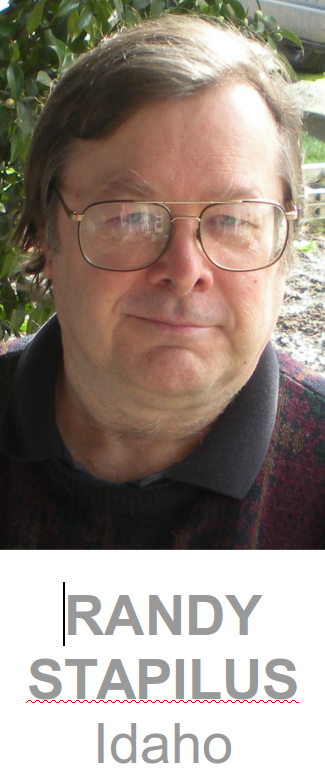
I understand the Idaho legislature has twisted shorts with the Medicaid Expansion initiative approved by 61% of Idahoans.
They sat on their hands for six years and did nothing. They might have nodded quietly three years ago that those in “The Gap” were stuck in an unfair, unjust situation, unable to access healthcare insurance. They might have even agreed five years ago that paying for Catastrophic health care was the wrong way to deal with this problem, though it’s been the “Idaho Way” for decades. But they never got to work on the problem.
Well, voter support for Medicaid Expansion in Idaho slowly grew and come November 2018, most Idahoans supported the simplest, most cost-effective way to get our Idaho working poor health insurance. But now many of our proudly elected legislators think they know better than the voters.
One of the beauties of this behemoth called Medicaid is that it’s a partnership between the federal government and the states. So, states can experiment; many have. Idaho has and does. The experiments are telling. Let’s learn from them.
We’re hearing a lot about “sideboards”. When I hear that term, I think of the panels we used to get cows or calves into a squeeze chute for branding, vaccinations, dehorning or castration.
The main “sideboard” bandied about in the marble halls of our beautiful Capitol has to do with work requirements. I wonder if our legislators know anybody in “the Gap”. I see these folks every day. But here’s the Idaho statistics. Over 60% of people in “The Gap” are working the equivalent of full time, many in multiple jobs. Another 30% are caring for either children or elderly in their homes or are full time students. So, 10% might need a boost.
Let’s look at what other states have done and learn from them.
Arkansas instituted a “work requirement”. It cost the state $10+M to build the system, and effectively kicked 18,000 out of Medicaid. So, this program used a broad brush, painting all who gained access to Medicaid health insurance under their expansion as needing to prove their work. What did they find? In Arkansas, as we have said about “the Gap” folks in Idaho, 90% of those eligible for Medicaid were already working, caring for others or students. Of the folks kicked off Medicaid, 80% lost coverage for failing to report through the online portal. Dollars to donuts, Arkansas’ online service doesn’t come close to Amazon's.
This “sideboard” seems more like the paddleboard hanging in the principal’s office. If you’re poor and have limited online access, then bend over.
But Montana painted their program with a fine tipped brush. They knew what we and our legislators should know. Most poor people need a springboard, not a paddling. Montana used the Medicaid expansion program to offer job training assistance. On enrollment the offer was made and a follow up letter was sent. There was no significant taxpayer cost. About 10% of the enrollees sought the help. They had a meeting with a Department of Labor staffer, got directed toward training, education, skills opportunities and Montana has seen movement toward higher paying jobs.
Montana offered a springboard. Many who needed it took the offer and we are all better off for it.
Idaho has a robust and widely available Department of Labor with a new energetic Director, Jani Revier. I’m sure the department could handle the 5000 referrals from the new Medicaid enrollment and they would welcome the motivated clients.
I wonder if this is the springboard Brad Little has been referring to. I know many in the Idaho legislature prefer the paddle. Since we’re so late to the game, why don’t we learn from other's experiments? Let’s do it right.














